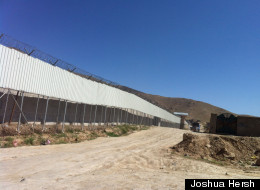While European soccer players were expertly kicking the ball down the field this weekend in the Euro 2012 tournament, European finance ministers were expertly kicking their debt crisis down the road.
Spain's request on Saturday for a 100 billion euro loan (about $125 billion) to recapitalize its banks seems likely to be at least a short-term solution to the worries lately that have gripped European financial markets, raising concerns about a global economic slowdown that could push the United States back into recession.
As the odds of a bank run in Spain have increased in recent weeks, Spanish borrowing costs have soared, while the values of the euro and risky assets such as stocks and commodities have tumbled. Saturday's news could at least temporarily reverse some of those ugly moves.
Even better for Spain, it gets to avoid additional austerity measures as a condition of the loan, as Greece and other bailed-out nations have suffered in the recent past.
But still some big questions linger.
First, will 100 billion euros ultimately be enough? A report by the International Monetary Fund suggests this will be more than enough and that Spanish banks need to raise 60 billion to 80 billion euros to mollify investors and cover losses in Spain's real estate market.
But those losses might continue to grow, which would mean that Spain has to go back to the well again. JPMorgan Chase analysts recently estimated that Spain could need as much as 350 billion euros, the Telegraph reported.

